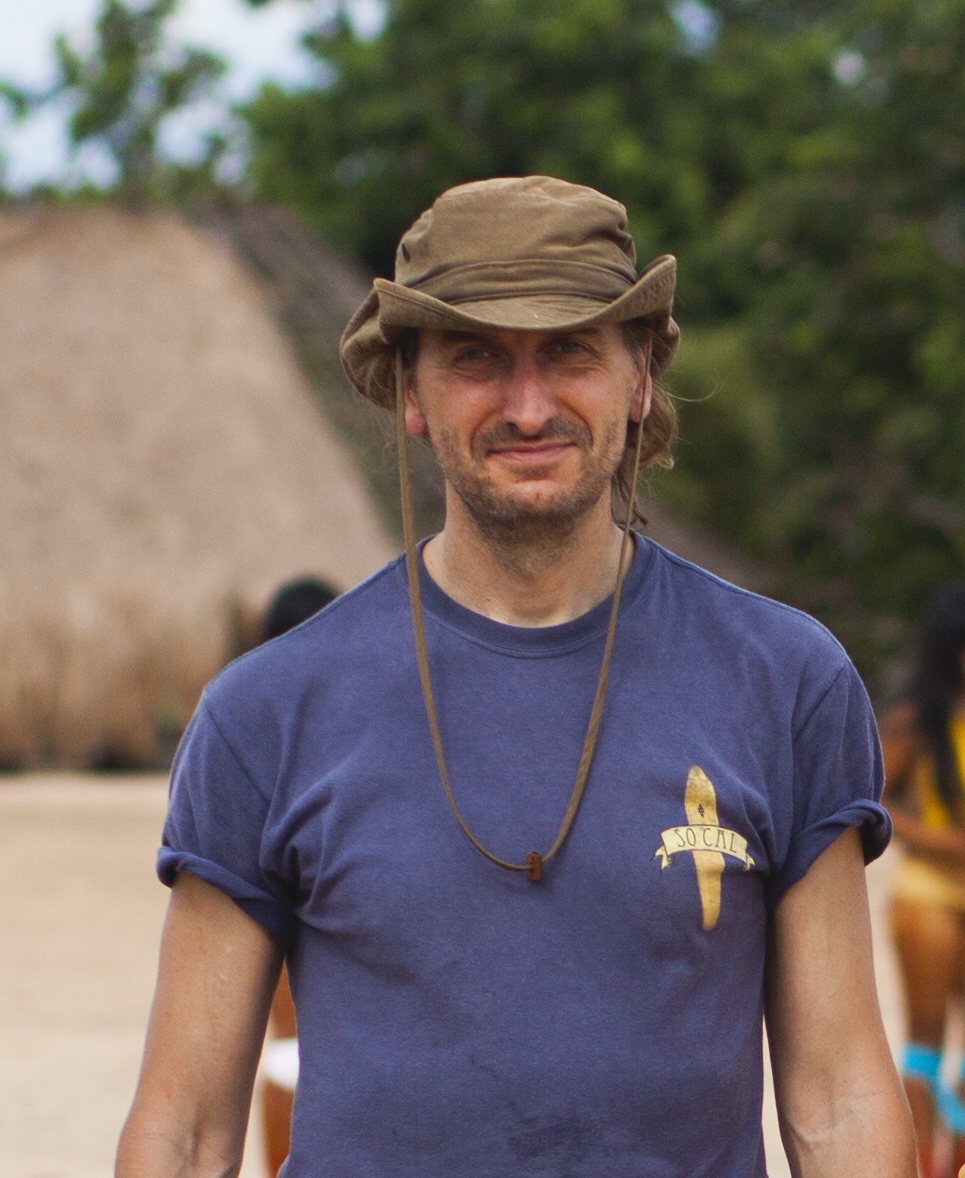Professor Robin G. Allaby
Professor
Allaby began his research career almost 30 years ago at the University of Manchester Institute of Science and Technology (now incorporated into the University of Manchester) where he undertook the first UK PhD in ancient DNA studying wheat domestication followed by postdoctoral work. After this time he spent three years in industry as a bioinformatician before taking up a postdoctoral position at Binghamton University in the US in the Anthropology department, after which he took up a faculty position at the University of Warwick in 2006 where he is now a professor. Over the past three decades Allaby has been a key figure in the debate about agricultural origins and the Neolithic transition using a combination of archaeogenomics and computational modelling. In the past decade this endeavour has spread to the use of sedaDNA to reconstruct past environments that inform on the Mesolithic Neolithic transition.
Research interests
Allaby’s principal research interest over the past 30 years has been to understand the evolution of domestication in plants, working with archaeologists, developing and using archaeogenomic techniques as well as connecting archaeological data with genetics through computational models. His group’s research has shown that the origins of domestication lie far back in time and are associated with deep human ecologies that have yet to be understood. The selection pressures that led to domestication appear have begun deep in the epi-palaeolithic and past societies seem to have been surprisingly capable of maintaining biodiversity, and increasingly it is apparent they were connected over large distances. Work continues in the group to unravel these deep human ecologies and understand how plants have adapted to the human environment.
A second area of research, which connects in some ways to the first, is the reconstruction of palaeoenvironments using sedimentary ancient DNA (sedaDNA). By reconstructing past environments we can track the resilience of the environment during the latter stages of the last ice age and the subsequent periods of warming and associated sea level rises. The timeframe here matches closely with the Mesolithic Neolithic transitions considered in the evolution of domestication and provides a wider context for that research.
Current Projects and Collaborations
Current major projects:
- Europe’s Lost Frontiers (ERC) Sedimentary ancient DNA reconstruction of the late Pleistocene and early Holocene landscapes of the submerged North Sea area.
- NERC Tracking the altitudinal adaptation of Andean maize using archaeogenomics.

